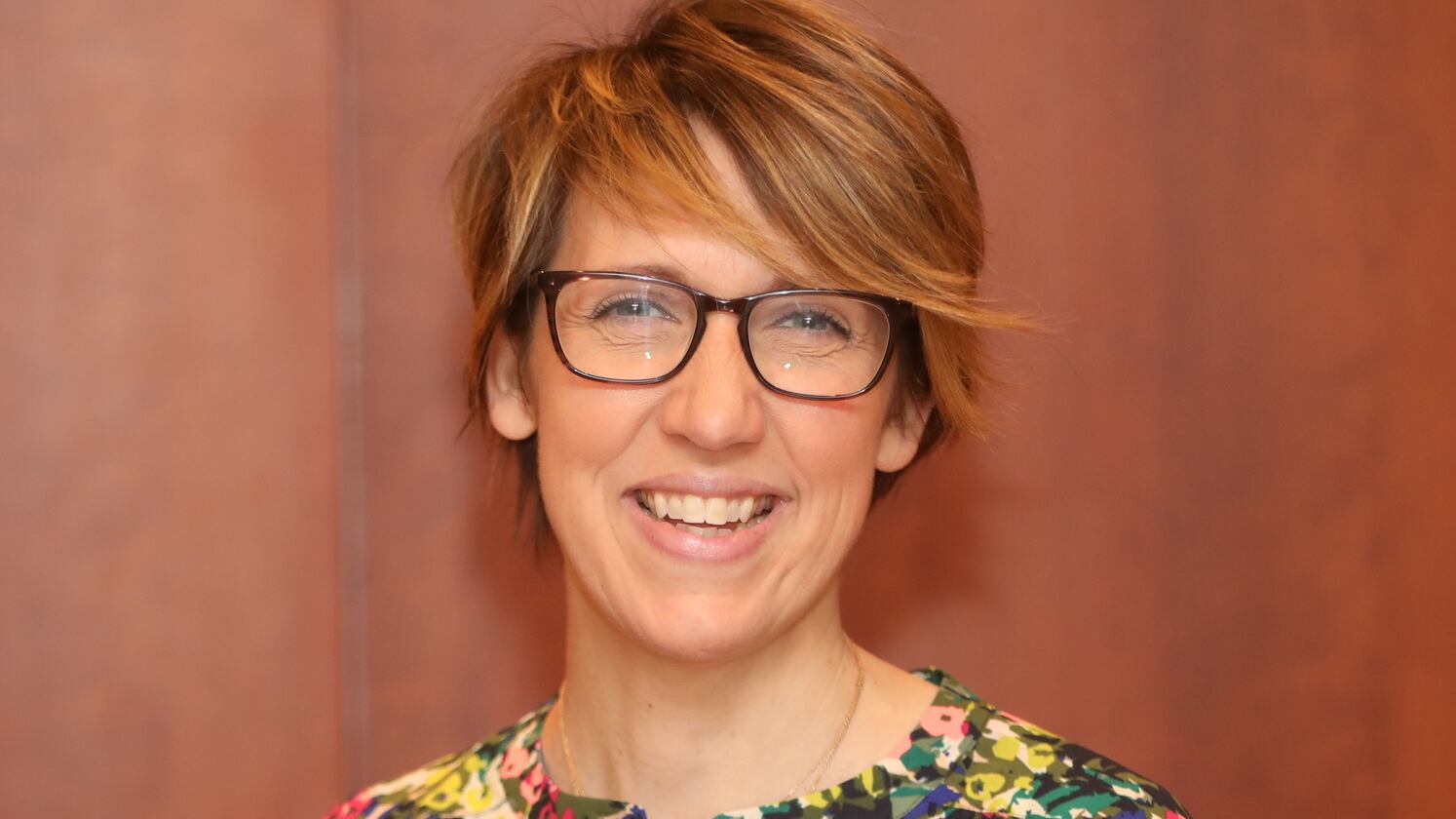Amy Dotson doesn't have all the answers. In fact, right now, she has very few.
To be fair, though, she's really new here. Dotson moved her family from New York to Portland to take over as director of the NW Film Center—a position that hadn't needed filling for almost 40 years—and just arrived a short time ago. She doesn't officially start her new job until mid-September, and hasn't even met with her team yet. Heck, she's barely even moved in—until recently, she and her husband were sleeping on an air mattress on the floor of their new home because they beat the moving van to town by a full week.
It's understandable, then, that Dotson is hesitant to present a grand vision for one of the city's most venerable arts institutions with any kind of specificity. Besides, at this point, many of the answers being sought from her are to questions she's asking herself: How does an organization dedicated to showcasing and preserving the cinema tradition stay relevant in an age of content overload? What is its role within the Portland Art Museum, to which it's been connected since 1979? How does it engage new audiences? How does it deal with the financial realities of arts funding in the United States?
One thing she knows for sure, though, is that the media landscape has changed dramatically since the Film Center was founded in 1971. And if it's going to keep up, it'll need to figure out where it fits in, and where it stands out.
"There are a lot of nonprofits in our country right now, particularly in the filmic space," Dotson says. "So unless there is a niche or a differentiation point or an embracing of other forms of storytelling, it's tough to just stay in your lane."
If that's the case, then Dotson was an ideal hire—staying in one place has never been her strong suit. Although she's made her name in the film world, as a producer of documentaries and as deputy director and head of programming for New York's Independent Filmmaker Project, a four-decade-old nonprofit that provides support for emerging filmmakers, Dotson describes herself as "nondenominational" when it comes to storytelling. She studied fine arts in college at Wake Forest, where she learned to weld and created a 15-foot-tall installation that stood in the lobby of the university's arts building. She's dabbled in journalism and worked as a fashion stylist, Pilates instructor and "butterfly wrangler." Even within her film sensibilities, her taste is all over the road: Her three favorite movies are the classic comedy Planes, Trains and Automobiles, the unsettling 1988 Belgian psychological thriller The Vanishing, and Pee-wee's Big Adventure. (She also wrote her master's thesis on Pee-wee's Playhouse.)
While her predecessor, Bill Foster, established the key components of the NW Film Center—the education programs, curation and film programming, including the Portland International Film Festival—Dotson seems uniquely qualified to oversee an era in which the definition of "film" has grown beyond moving images projected onto a big screen in a dark theater.
"We have a generation now that are carrying around broadcast cameras in their hands," says Tim Williams, executive director of Oregon Film. "Everyone wants to make content, and we have a massive amount of places that are looking for content. How do you connect those two things? I think the NW Film Center is perfectly positioned to translate that and move into that arena. And that's probably something that, historically, they haven't been known for in the past."
How that will manifest is still a point of discussion—again, Dotson hasn't even started yet. But she's confident that, even at a time when television and streaming services are driving the cultural conversation, audiences still want to leave their homes and have a communal experience. You just have to give them a good reason.
"At the end of the day, what people want are great stories. But I think people also want community," she says. "That's going to be a big piece of the puzzle: How do we build events and screenings and workshops and interesting gatherings, where people can get together and think about things and have a beer and talk, and really get people out of their houses?"

Where to See Local Jazz Every Night of the Week
The Five Book Events We're Most Excited to See This Fall
The Five Theater Shows We're Most Excited to See This Fall
The Five Visual Arts Shows We're Most Excited to See This Fall

